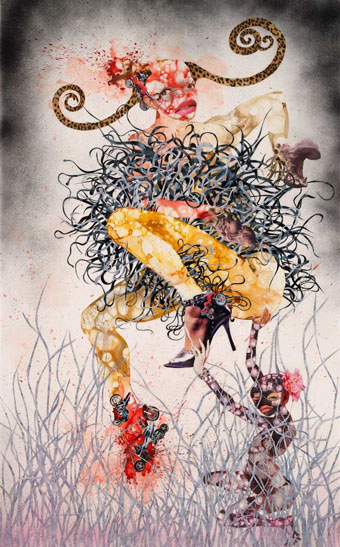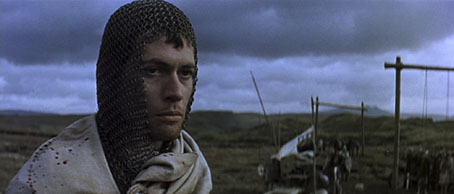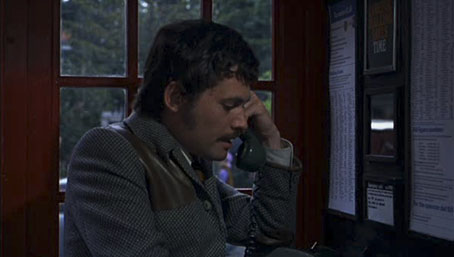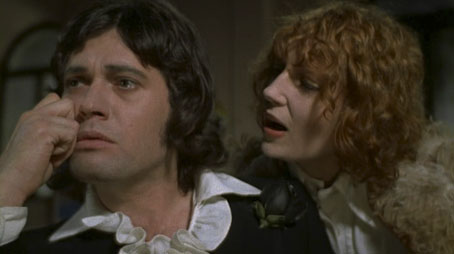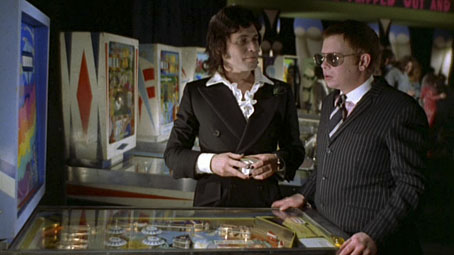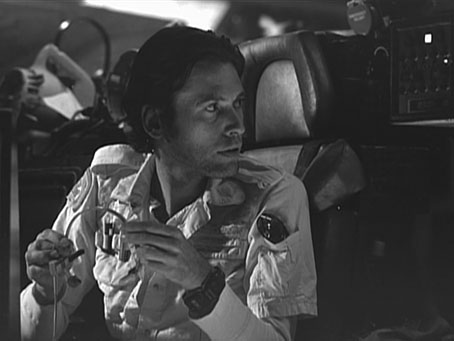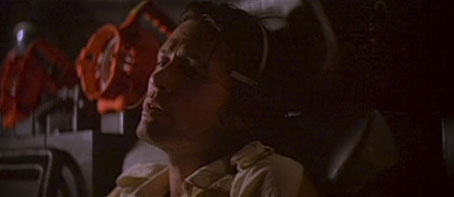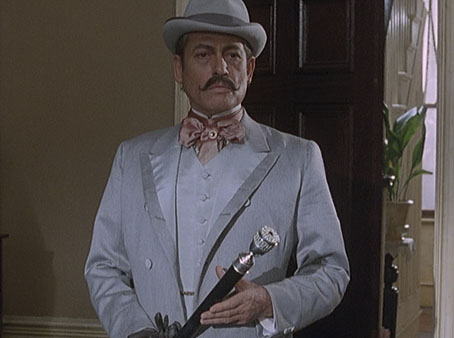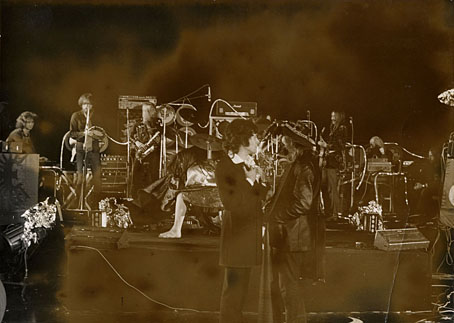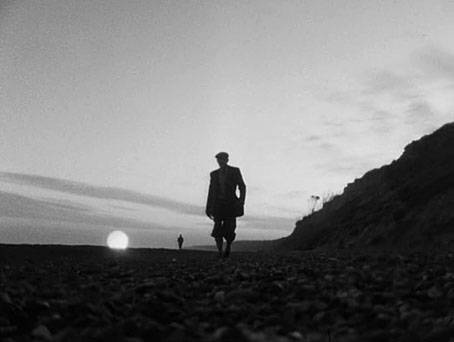One Hundred Lavish Months of Bushwhack (2004) by Wangechi Mutu.
I wouldn’t be so bold as to call Benjamin Noys’ contribution to the recent The Weird conference at the University of London a highlight, but it was a surprise to find Lord Horror in general and the Reverbstorm book in particular being discussed alongside so many noteworthy offerings. Noys’ piece, Full Spectrum Offence: Savoy’s Neo-Weird, is now available to read online, a very perceptive examination of the tensions between the Old Weird and the New.
• Le Transperceneige is a multi-volume bande dessinée of post-apocalypse science fiction by Jacques Lob & Jean-Marc Rochette. Snowpiercer is a film adaptation by Korean director Bong Joon-ho featuring John Hurt, Jamie Bell, Chris Evans and Tilda Swinton. Anne Billson calls the director’s cut an “eccentric masterpiece” so it’s dismaying to learn that the film is in danger of being hacked about by the usual rabble of unsympathetic Hollywood distributors.
• This month marks the 100th anniversary of the publication of Proust’s À la recherche du temps perdu. Public Domain Review posted some of the paintings mentioned in Swann’s Way (or The Way by Swann’s as the latest translation so inelegantly has it).
• How the Paris World’s Fair brought Art Nouveau to the Masses in 1900: a huge picture post about my favourite exposition.
• Mix of the week: “Sport of Kings” Mix by Ricardo Donoso. Related: Paul Purgas on five favourite records.
• Ernst Reichl: the man who designed Ulysses. Related: Hear all of Finnegans Wake read aloud over 35 hours.
• “Why does Alain de Botton want us to kill our young?” A splendid rant by Sam Kriss.
• Love’s Secret Ascension: Peter Bebergal on Coil, Coltrane & the 70th birthday of LSD.
• Malicious Damage: Ilsa Colsell on the secret art of Joe Orton & Kenneth Halliwell.
• Just Say No to the Bad Sex Award, or the BS Award as Tom Pollock calls it.
• Lauren O’Neal’s ongoing PJ Harvey Tuesdays: One, Two, Three and Four.
• Neville Brody on the changing face of graphic design.
• A Brief History of the London Necropolis Railway.
• Des Hommes et des Chatons: a Tumblr.
• At Pinterest: Androgyny
• Virgin Prunes: Pagan Lovesong (vibeakimbo) (1982) | Caucasian Walk (1982) | Walls Of Jericho (live at The Haçienda, Manchester, 1983; I’m in that audience somewhere)

